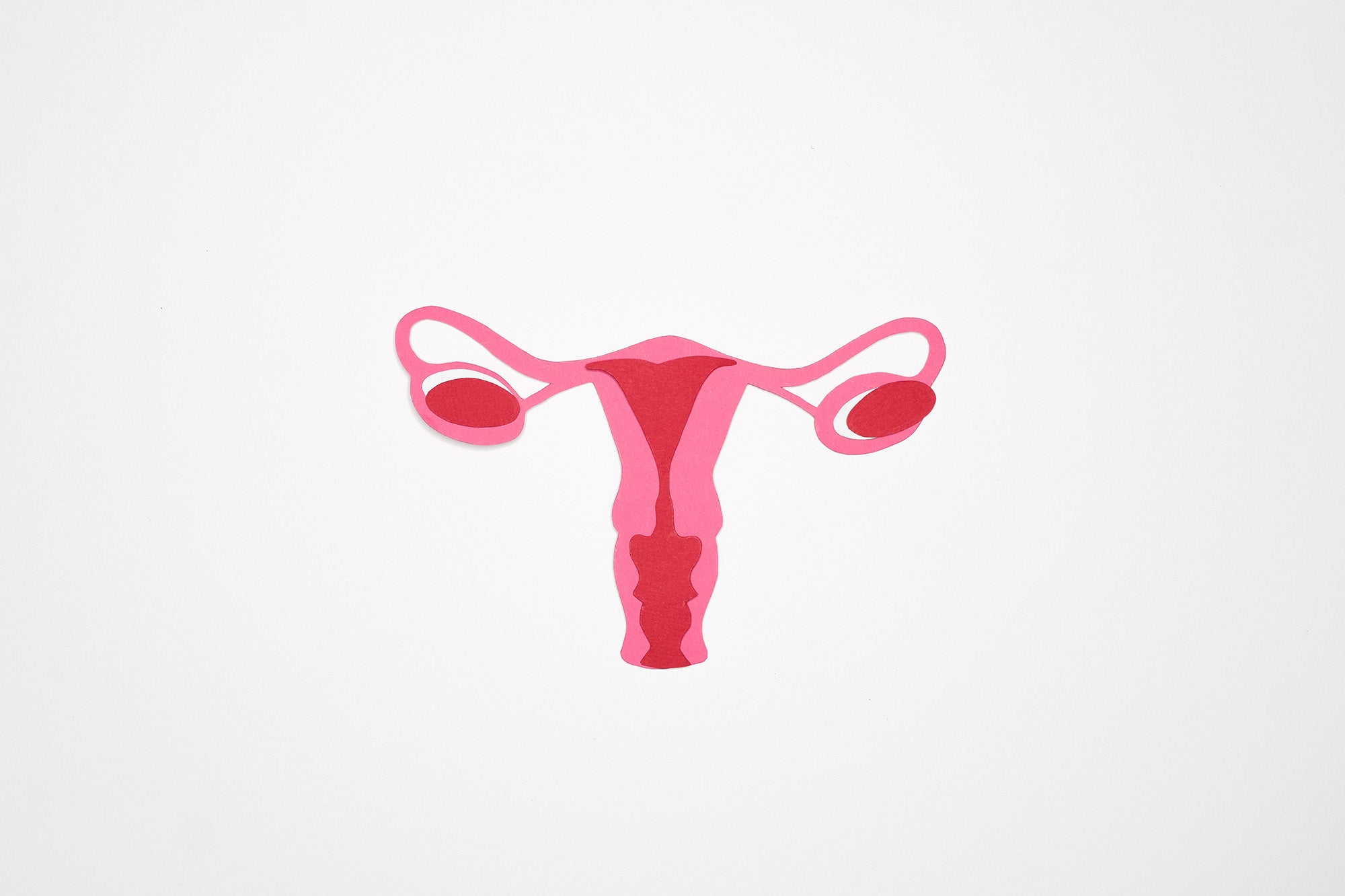The clitoris, commonly referred to as the “clit” for short, is the pleasure hotspot of the female reproductive system. It’s a collection of cells located at the top of the vulva where the labia minora meet (above the urethra – pee hole!). It’s a small nub partly covered by a hood, actually called the clitoral hood. While it may seem small, about 90% of it is actually internal, so it’s much bigger than it looks! Under the nub and hidden inside your body is a network of nerves and blood vessels that almost look like a thick wishbone. The whole thing can be multiple inches long and even a couple wide. The only function of the clitoris is to feel good when touched, so it holds a very important role when it comes to sexual pleasure.
The clitoris might seem a little scary or even mysterious since it’s not as widely talked about compared to other parts of the genitals like the vagina. It might even feel embarrassing to mention because it has to do with sex and pleasure, but it’s nothing to be ashamed of. It’s an important part of understanding our bodies and how they work, and also how to make sex and masturbation feel good.
What’s interesting is that the clitoris and penis actually develop from the same root structure. It’s only as the fetus continues to grow in the womb that a clitoris or penis will change and take its own distinct shape. Much like a penis, the clitoris can actually get erect, but since the clitoris is internal, it’s not a visible erection on most bodies. When you’re aroused, blood rushes to the clitoris so it can swell and become more sensitive.
The clitoris is one of the most sensitive places on the female body, called an erogenous zone. Erogenous zones are parts of the body that can create sexual pleasure when touched. With around 8,000 nerve endings, the clitoris is pretty powerful! For this reason, many people find they reach orgasm easier with clitoral stimulation as opposed to just sexual intercourse alone. However, everyone’s body is different.





Leave a comment
All comments are moderated before being published.
This site is protected by hCaptcha and the hCaptcha Privacy Policy and Terms of Service apply.